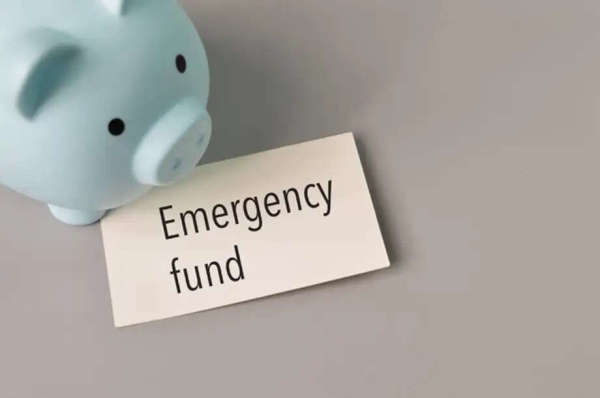
Uncertainty is the biggest truth in our lives. No one knows when the next crisis will strike. Sometimes it's illness, sometimes an economic downturn, or the sudden need for a major expense. In such times, an emergency fund becomes your greatest security. An emergency fund is a savings account that is only useful in emergencies. This fund cushions the financial blow if your income stops or expenses increase. Financial experts believe that every person should have at least six months' worth of essential expenses as an emergency fund. This not only helps you during a crisis but also prevents dependence on loans or credit cards.
How to Build an Emergency Fund – Small Steps, Big Impact
If you think saving from your monthly salary is difficult, start small. First, calculate the average of your monthly needs—such as rent, electricity, groceries, school fees, and medical expenses. Then, try to set aside 10% of this amount each month for an emergency fund. You can keep this money in a savings account, liquid mutual fund, or fixed deposit (FD) so that you can withdraw it immediately if needed. Keep in mind, this money is not for investment but for protection. Many people mistakenly invest their emergency funds in the stock market or long-term investments, leaving the money stuck in a time of need. The purpose of an emergency fund is to provide immediate help whenever needed. Therefore, keep it in a place where it can be withdrawn immediately.
Benefits of an Emergency Fund – Not Just Money, It Also Provides Peace of Mind
The biggest benefit of an emergency fund is peace of mind. Knowing you have funds ready to cover any emergency reduces stress and helps make wiser decisions. This fund also protects your financial plans. For example, if a hospital bill suddenly arrives, you don't have to dip into your mutual funds or retirement savings. Furthermore, an emergency fund also protects you from falling into a debt trap. Many people resort to personal loans or credit cards for unexpected expenses, which increases the interest burden. However, having an emergency fund allows you to manage the situation without any debt. This is a strong step towards financial independence.
When and How Much to Increase an Emergency Fund
An emergency fund isn't something you can create and leave it. Your needs, responsibilities, and expenses grow over time, so review them every six months or year. If your salary increases, your family grows, or new expenses arise, increase the fund proportionately. Also, try to always have a fund that covers six to twelve months of expenses. And most importantly, never use this money for unnecessary expenses.
An Emergency Fund Is Not a Luxury
Creating an emergency fund isn't a luxury, but a crucial part of financial discipline. It's a habit that secures your future. If you start saving a little every month today, you won't have to depend on anyone in a crisis tomorrow. Remember, it's not a lack of money, but a lack of preparation that poses the biggest threat.
Disclaimer: This content has been sourced and edited from News 18 hindi. While we have made modifications for clarity and presentation, the original content belongs to its respective authors and website. We do not claim ownership of the content.
-
Diwali car offers 2025: Check all discounts announced by Maruti, Tata, Mahindra, Honda, Hyundai, Kia and Renault

-
Premanand Maharaj News: Muslim devotee prays for Vrindavan saint in Madina. Watch viral video

-
Flo 2025: How 3,500 Nagarrians reimagined the future of tech

-
South Africa Women vs Bangladesh Women pitch & weather updates: Will rain play spoilsport?

-
IIT JAM 2026 registration date extended: Check exam date, fees, eligibility and application process
